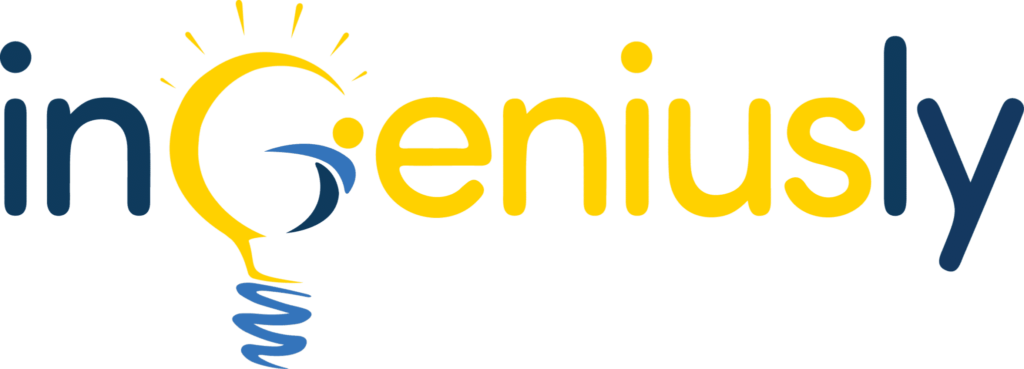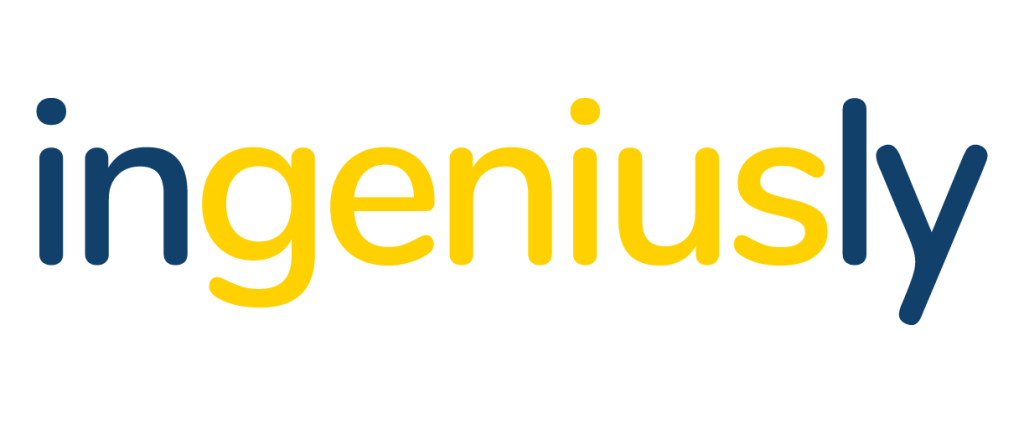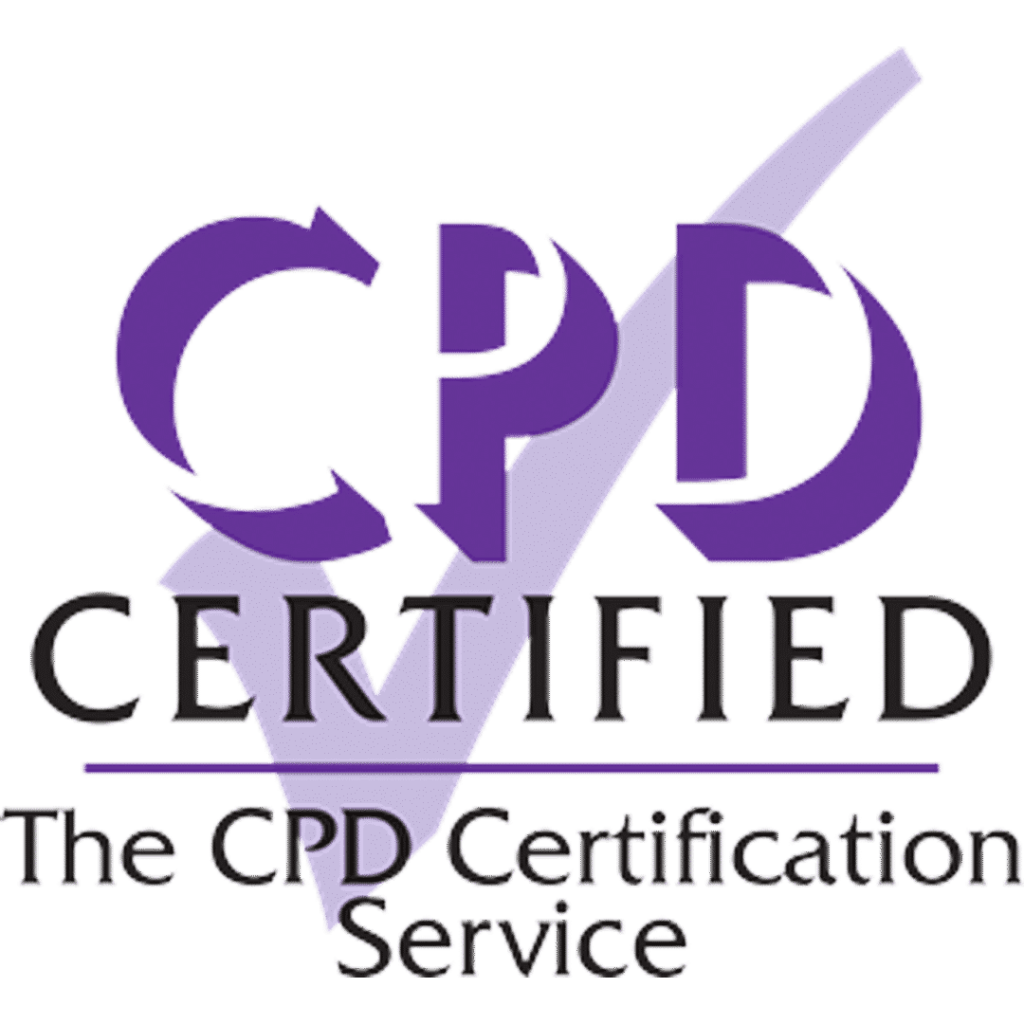Which one will bring you to excellence: talent or knowledge?
Many think that excellence is mostly a matter of talent, but the world is full of examples of not particularly talented individuals that achieved excellence through knowledge.
So which one is it better to have? As usual, the first, immediate answer is “It depends”.
A function of excellence
Even though mathematics scares many people – in the video Giulia, Founder and CEO of inGeniusly, will tell you how to stop fearing it – the most effective way to explain excellence is a mathematical formula.
We are borrowing the formula from MIT Professor Patrick Winston: he would use it at the beginning of his traditional seminar, “How to speak”, to explain how to increase one’s level of communication. But, it applies to so much more than communication.
Keeping it simple, your level of excellence is a function of (i.e. it depends on) three factors: Talent, Knowledge and Practice. These three elements influence your performance in different ways. Namely, Knowledge has the most impact, Practice some less, and Talent the least.
It is not to say that talent is not important, but you have to keep in mind two things about it:
- it’s out of your hands;
- it is a multiplier equal to or greater than one (≥1).
The first point is very straightforward: according to the Cambridge Dictionary, a talent is “a natural ability to do something”. You can’t influence it. It’s something that you naturally have (or haven’t) got. Clearly, you can work on and cultivate your talents, but you do that by increasing your knowledge about the topic or activity and by practicing it.
The second point may sound a bit more complicated, but it expresses a very uncomplicated concept. The idea is that, even in case you have zero talent at all in a specific field, this won’t negatively affect the results you can achieve through expanding your knowledge and with practice.
Seen the other way around, if you do have talent, any action you take to increase your knowledge on the topic and every practice session will have a multiplied, positive effect on your level of performance.
The missing link
All nice and well said, but you still think that talent has the most impact on (some) areas of your life?
Then it is time to watch the video!
One of the traits describing our cognitive profile is our mindset towards learning. In the video, Giulia brings up a very interesting study on the topic, by Dr. Carol Dweck – Professor of Psychology at Stanford University.
She also gives you a step by step process to shift to the most productive mindset for learning.
Cognitive profile?
If you read our articles, you will understand that there are many aspects that define your cognitive profile as well as your learning profile. Consequently, there is not one single method that fits everybody’s learning profile and needs.
Global and Analytical learners have different ways to see and approach concepts. Intuitive and Systematic learners need different processes to assimilate information. Even your Mental Self-Government plays an important role in structuring your learning method.
Actually, each combination of characteristics needs a personalised and tailored approach.
At inGeniusly, we work with you to
- understand your cognitive profile
- implement strategies to exploit it best
- help you to integrate the best of your, and other, cognitive styles into your approach
Watch the video to find out more about knowledge, talent and mindset and to get some tips that can help you improve your learning method.
Enjoy, and don’t forget to subscribe to our YouTube channel to receive more tips on how to excel at work, exams, and languages!







